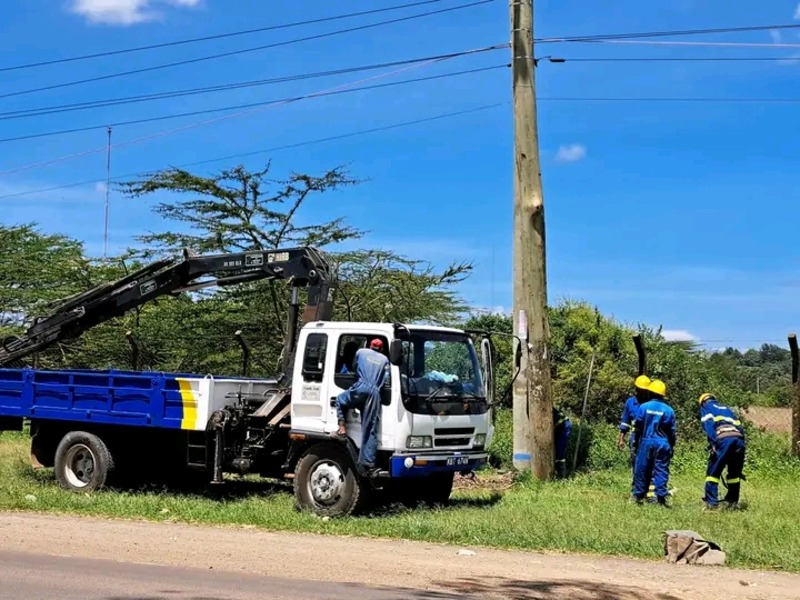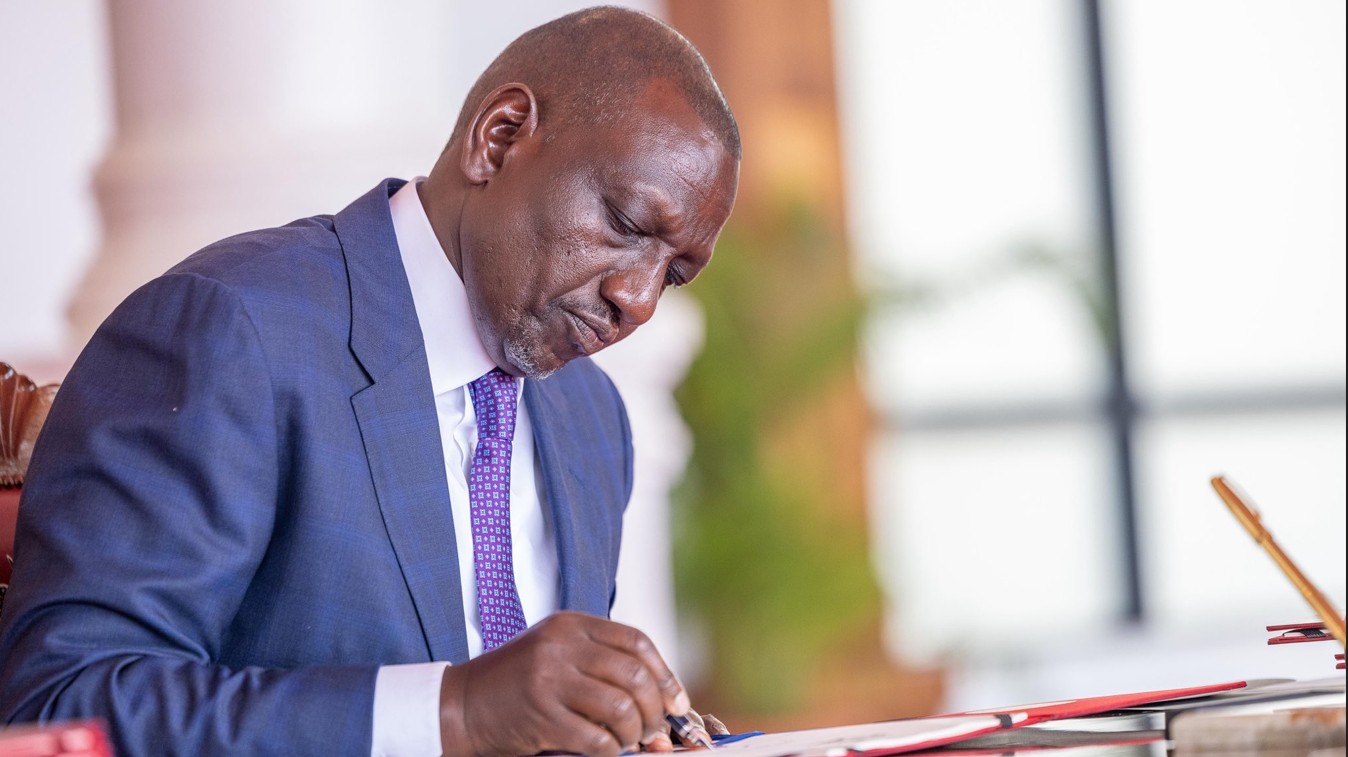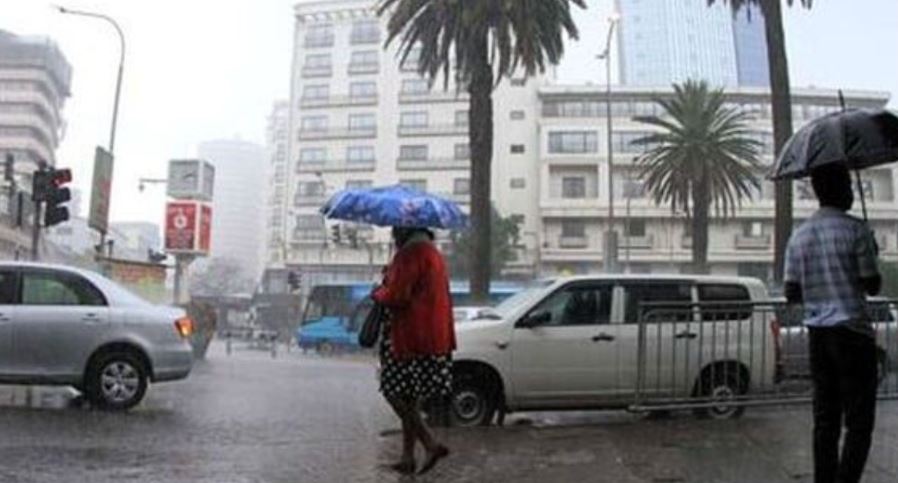Gathungu flags Kenya Power for budget breach in Sh14 billion fuel tender

Kenya Power relies on millions of litres of fuel annually to run its off-grid power stations, which serve communities in remote areas not connected to the national grid.
Kenya Power is under fire after awarding a fuel supply tender that exceeded its allocated budget by more than double, sparking concerns over financial mismanagement and compliance with procurement regulations.
The issue was highlighted in the latest report from Auditor-General Nancy Gathungu, who revealed that the utility company had budgeted Sh7.6 billion to supply 62 million litres of fuel for its off-grid stations over two years.
More To Read
- Audit reveals Sh955 million collected by hospitals not deposited in county accounts
- Audit exposes Sh495 million in abandoned NG-CDF projects
- Audit exposes Sh229 million in unaccounted imprests across 12 counties
- Public universities' debt hits Sh76.1 billion, raising sustainability concerns - Auditor General
- Audit reveals Sh4.1 billion in NG-CDF bursary funds unaccounted for
- Millions at risk as Agricultural Finance Corporation fails to recover loans, manage payroll
However, the tender was awarded to a supplier whose quoted price of Sh14.37 billion far surpassed the budget.
In her report, Gathungu raised the alarm about the breach of procurement laws, noting that the evaluation committee recommended awarding the tender despite the higher-than-budgeted bids.
"Despite the tenderers quoting prices above the budget, the evaluation committee in a report dated November 22, 2023, recommended award to the most responsive bidder who had quoted a price of Sh14,379,262,976, subject to the estimated annual budget of Sh3,868,669,072," Gathungu stated.
This decision, she explained, violated provisions of the Public Procurement and Asset Disposal Act of 2015, which mandates that state-owned entities, such as Kenya Power, must ensure that the budget is sufficient to cover the cost of any goods or services before issuing a tender.
Confirm adequate funding
Specifically, Section 53(8) of the Act requires that accounting officers confirm adequate funding for the contract before procurement proceedings begin.
"This was contrary to Section 53(8) of the Public Procurement and Asset Disposal Act, 2015, which provides that the accounting officer shall not commence any procurement proceedings until satisfied that sufficient funds to meet the obligations of the resulting contract are reflected in its approved budget estimates. In the circumstances, management was in breach of the law," Gathungu added.
Kenya Power relies on millions of litres of fuel annually to run its off-grid power stations, which serve communities in remote areas not connected to the national grid.
The company operates 30 major off-grid stations across the country, providing electricity to far-flung locations.
These stations have a combined installed capacity of 27.867 megawatts, with Wajir housing the largest, at 4.5 megawatts.
Other significant off-grid stations are located in towns such as Mandera, Marsabit, Moyale, and Habaswein.
Lucrative tenders
The fuel supply tenders for these off-grid stations are highly competitive and lucrative, often contested by major oil marketing companies.
Due to the high cost of electricity in these remote areas, the fuel costs are passed on to all consumers nationwide through a monthly "Fuel Energy Charge," which is regulated by the Energy and Petroleum Regulatory Authority.
In addition to the fuel procurement issue, the Auditor-General's report also uncovered a major fuel theft scandal at Kenya Power.
According to Gathungu, company employees, in collusion with security guards and fuel tanker drivers, stole a total of 1,183,583 litres of diesel, valued at Sh207.65 million, over a period of 26 months from October 2021 to December 2023.
The stolen fuel was intended for the company's off-grid stations in Turkana County.
"This theft was carried out over a 26-month period, with the stolen diesel meant to power off-grid stations in Turkana," Gathungu added.
Top Stories Today













































